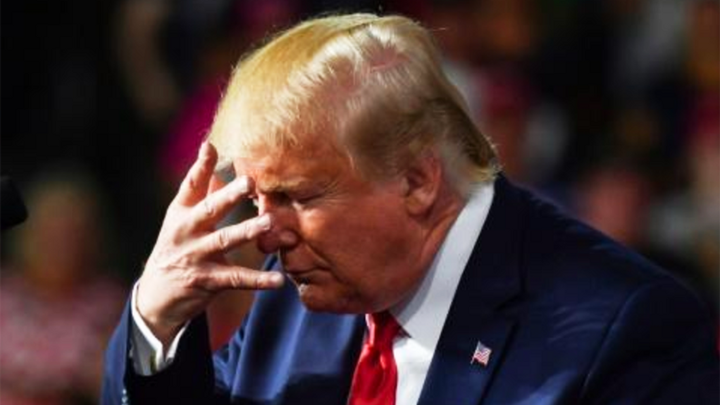
Donald Trump stirred up controversy on Friday by proclaiming on his Truth Social platform that he had received an endorsement from Jamie Dimon, the influential CEO of JPMorgan Chase. The post read: “New: Jamie Dimon, the CEO of JPMorgan Chase, has endorsed Trump for President,” accompanied by a red flashing light emoji that implied this was a significant endorsement for his campaign.
However, the excitement was short-lived. Within 20 minutes, Dimon’s spokesperson, Joe Evangelisti, swiftly dispelled Trump’s claim in a statement to CNBC, emphasizing, “Jamie Dimon has not endorsed anyone. He has not endorsed a candidate.” This quick rebuttal not only undermined Trump’s assertion but also highlighted the delicate nature of endorsements in the political arena, especially from high-profile business leaders.
The back-and-forth underscores a broader dynamic in which political narratives can rapidly shift, especially in an environment where social media amplifies messages. Trump’s claim seemed to reflect his ongoing strategy to bolster his image and rally support from the business community, a crucial demographic for any presidential candidate.
Dimon, as a prominent figure in finance, has wielded considerable influence over economic policy discussions in the United States. His complicated relationship with Trump adds another layer to the story. While he has praised certain aspects of Trump’s presidency—most notably the tax cuts that benefited corporations—Dimon has not shied away from critiquing the former president’s divisive rhetoric and behavior. This duality suggests a cautious approach on Dimon’s part, aiming to maintain his standing in the business world while navigating the politically charged landscape.
Despite speculation that Trump had considered appointing Dimon to key positions within his administration, Dimon has consistently distanced himself from a potential government role. His refusal may reflect a desire to maintain the autonomy and influence that come with leading a major financial institution rather than becoming embroiled in the complexities of political office.
The episode raises important questions about the nature of political endorsements. In an age where public perception can be shaped by social media statements, the authenticity and implications of endorsements from business leaders become crucial. Will Dimon, or other influential figures in finance, publicly endorse candidates in the future, or will they continue to tread carefully, aware of the potential backlash that could arise from aligning with controversial political figures?
As Trump moves forward in his campaign, this incident serves as a reminder of the challenges he faces in securing broad-based support. With a history of courting business leaders and trying to harness their influence, the failed endorsement may highlight the limits of his appeal within the financial sector. As the election season unfolds, both Trump and his competitors will likely continue to seek validation from influential figures, making the stakes of such endorsements ever higher.